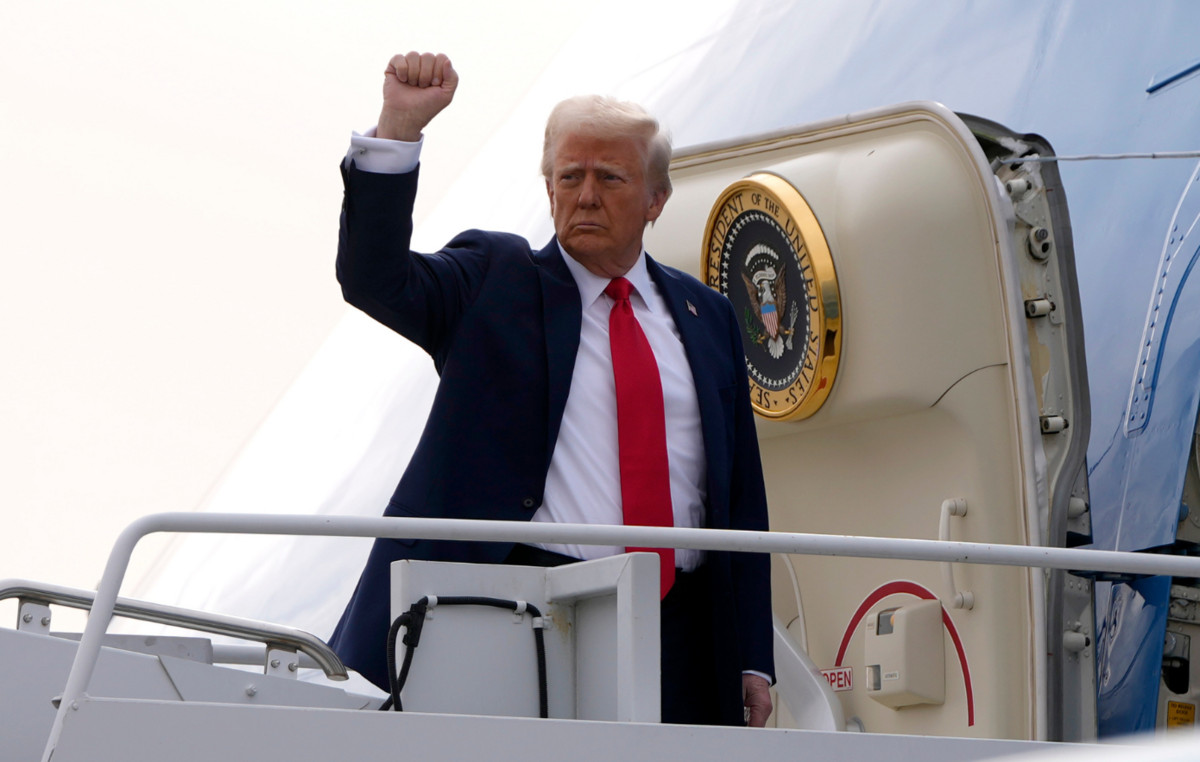There are common reports of people who have undergone amputation of sensations such as tingling or pressure in the region where the removed limb was located. The neurological condition known as phantom limb syndrome gained new contours with research published in the journal Science.
Amputee patients felt temperature variation in a study testing the effects of a new technology from the École Polytechnique Fédérale de Lausanne (EPFL).
The research, led by experts Silvestro Micera and Solaiman Shokur, seeks to incorporate new sensory feedback into prosthetic limbs, with the aim of providing a more realistic touch to people who have had amputated limbs. In the recent study, the scientists focused on the temperature.
If you place something hot or cold on an intact individual’s forearm, that person will feel the temperature of the object locally, directly on the forearm. But in amputees, that sense of temperature in the residual arm can be felt in the missing phantom hand, the researchers said.
In this context, by non-invasively providing temperature feedback through thermal electrodes (known as thermodes) placed against the skin on the residual arm, amputees report feeling the temperature in their phantom limb. They can feel if an object is hot or cold and can tell if they are touching copper, plastic or glass.
In all, 17 of 27 patients reported sensation in the amputated limb. “Of particular importance is that the phantom thermal sensations are perceived by the patient as similar to the thermal sensations experienced by his intact hand”, explains Shokur, neuroengineer and scientist at EPFL, in a statement.
Projecting temperature sensations onto the phantom limb has led to the development of new bionic technology, which equips prostheses with non-invasive temperature feedback that allows amputees to discern what they are touching.
“Temperature feedback is essential to transmit information that goes beyond touch, it leads to feelings of affection. We are social beings and warmth is an important part of that”, says Micera, president of the Bertarelli Foundation in Translational Neuroengineering, professor at EPFL.
Source: CNN Brasil
I am an experienced journalist and writer with a career in the news industry. My focus is on covering Top News stories for World Stock Market, where I provide comprehensive analysis and commentary on markets around the world. I have expertise in writing both long-form articles and shorter pieces that deliver timely, relevant updates to readers.







